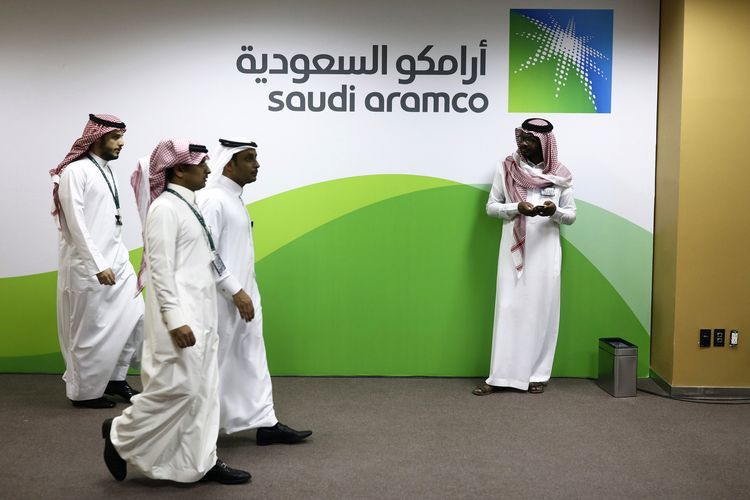
Saudi Arabia has granted its state-owned oil company a 40-year concession to exploit the kingdom’s hydrocarbon reserves as part of Aramco’s preparation for a potential initial public offering, a person familiar with the matter said.
The pact replaces norms dating in some cases from 1933, when the kingdom first agreed to let companies drill for oil, the person said, asking not to be named discussing internal matters. Saudi Aramco declined to comment.
The legal change may mean little initially since the IPO has been put on hold while Aramco closes a deal to buy a majority stake in a local petrochemical company worth as much as $70 billion. But Khalid al-Falih, the Saudi oil minister, said last week that the kingdom remained “committed to the IPO of Saudi Aramco at a time of its own choosing when conditions are optimum.”
As part of the IPO preparations, Riyadh reissued “a long-term exclusive concession” to the state-owned company, al-Falih said. The new 40-year concession includes an option for an extension by another 20 years, with further renewals after that, another person said.
In 1933, Riyadh signed a concession deal with several American oil companies, and it was extended in 1939 to 60 years. When Saudi Arabia created the current form of Aramco in 1988, the royal decree stated that the company would enjoy the rights and privileges of the original deal.
The previous concession ended in 1999, leaving a legal vacuum. Since then, “Aramco in effect holds an evergreen concession to exploit the reserves of the kingdom in return for a stream of income in the form of taxes, royalties and dividends,” according to a report by the Oxford Institute for Energy Studies.